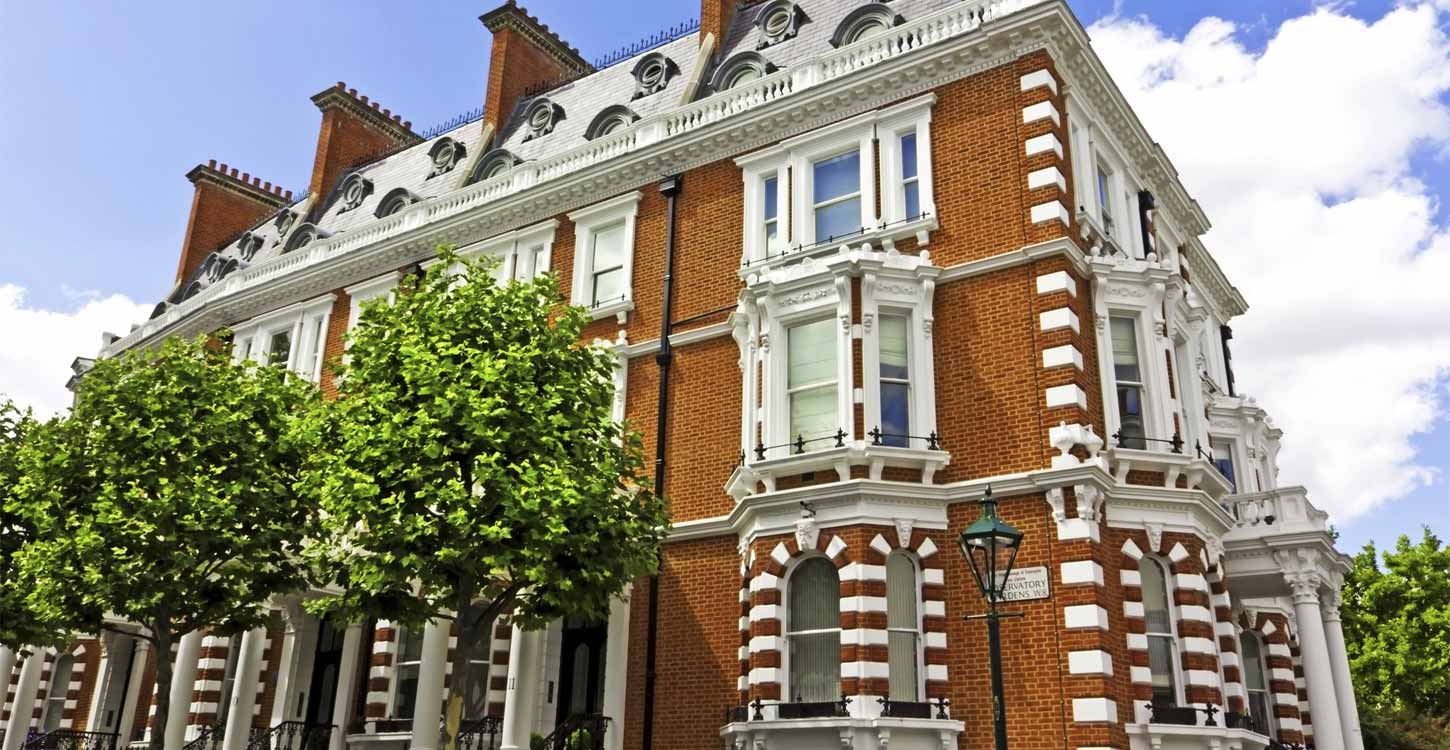A Londoner discusses the do’s and don’ts of property Investment after living in UK and Singapore.
Why is property so popular?
Being a Londoner, now living in Singapore, it is difficult to get away from discussing property investments wherever I go. Not only do many affluent individuals own their primary residence, but they are considering or already owning other properties too. There have been many compelling reasons why property investments have been attractive:- Low-interest rates mean rental income is more attractive than cash deposits. Bricks and mortar is perceived to be more robust than financial market investing in the wake of the 2008 financial crisis.
- Property is easier to understand than financial securities.
- Most of all the capital appreciation has been great so why not look at this investment type? According to Prime Economics, since 1993, national house prices in the UK have risen from an average of £62,333 to £247,000 – so, an increase of around 400%!
Risks to investing in property
But we collectively need to be really careful with all three of these points:- Costs of carry are often high with property. From refurbishment, service charges borne by landlord, to agent and solicitor fees. These erode income significantly, let alone any dormant periods.
- Properties are certainly easier than most to understand although there are nuances particularly with planning laws and landlord rules that need thought. Not to mention unforeseen tax legislation from future governments on capital gains, owning second properties, ‘mansion’ taxes and more.
- Have you ever seen a warning on financial advertisements saying ‘past performance is not a guide to future performance’? That holds here. That said there are long-term demographic and housing trends that support being optimistic on property, especially in a metropolis like London or Singapore.
Mulling over mortgages
Most of us are accustomed to always applying for mortgages and historically always getting them approved too. Mortgages have made the returns, both income and capital gains, look seriously racy over the last few decades. What a mortgage does is let you put less of your money in, to buy something you couldn’t otherwise afford to buy. Banks are historically willing lenders because they are comfortable with valuing these assets and don’t mind repossessing in the worst case. Mortgages ending in repossession were down 15% to 28,900 last year, representing 0.26% of outstanding mortgages, according to figures from the Council of Mortgage Lenders (CML). So repossession is very low which helps the banks to confidently provide property buyers with mortgages.However there is one critical factor that makes medium term fluctuations in prices potentially toxic. That factor is mortgagesWhen it comes to investing in residential property ‘liquidity’ or the ease with which you can cash in, is an important consideration. In early 2009 the market in London, and most other places, dried up. In many areas of the US the overhang has only just recovered from 2008. The only transactions going through were desperate sales where investors simply had to sell, at almost any price, to stop the rot. Another form of borrowing is against financial investments. Private banks will lend clients money against the investments they hold in their portfolio. This is different to a mortgage which is backed by the property itself. If you had finance against a liquid portfolio at a wealth manager and the value dropped to close or below the value of the loan then the wealth manager would a) ask you for more money to top up the account, b) or if you did not agree, they would liquidate. This is good and bad. Good because you will almost never owe more than you have. It is bad because you can get ‘stopped out’ suddenly. In property there is a more perverse phenomenon – because the market is much less liquid – it is difficult to pinpoint a price from day to day – and because of political sensitivity because home ownership is seen as a key barometer of a civilized economy, banks would rarely ‘repossess’ unless there were a serious default or loss of value. But these back-stops are not a reason why one should mortgage up to the hilt and as was evident in 2008/9/10/11 in the USA, where re-possession was widespread as prices fall through the floor and affordability debt repayment became impossible for those out of work. My point to all this is to highlight the importance of analysing property investment, especially mortgaged investment, rather than following a herd-mentality.
View it for what it is
View a property for what it is: a home and/or a potentially leveraged investment. But an investment that, like everything else, is not without risk. When you sit next to people at dinner parties who say property can only ever go up, treat with caution! That may be true over the next 100 years but what we can reply with certainty is that in the medium term, there will be ups and there will be downs. Those downs will hurt investors who are over-exposed.Alternative investments and mortgages
So what alternatives are there to investing in property? Well, other asset classes can serve their purpose too. Speak to your wealth mangers about bonds for income and dividend paying equities for a mixture of growth and income. If we applied as much ‘leverage’ to that portfolio as we do to our properties then that could be very rewarding – but also risky. Strangely it strikes me that the risk of investing in those financial instruments is often better understood than leveraging bricks and mortar. We wouldn’t hesitate to borrow against property and yet we would quickly shun borrowing against financial investments.For those readers who still want to borrow to buy a property here is a tip for an alternative to a mortgage: consider borrowing against an investment portfolioThis is fast, cheap and flexible. It can be far better on all three counts than taking a mortgage with long-winded admin and increasing application rejections. Depending on the investments in your portfolio you could get a loan-to-value (LTV) in line with that of a typical mortgage (60%), far quicker (even within 48 hours) and cheaper (no arrangement fee and anything from 2 to 3 over bank lending rates). With full flexibility to repay whenever you wish. The draw back? Well if the value of your portfolio drops then you may need to top up the portfolio. Over extending on the borrowing could end in tears so as usual, be prudent and seek advice. As with so many investment decisions buying a property needs careful consideration, especially when borrowing is involved. Speak with a professional to ascertain your risk profile and evaluate what makes a suitable investment for your needs. A good wealth manager is there to do just that.




